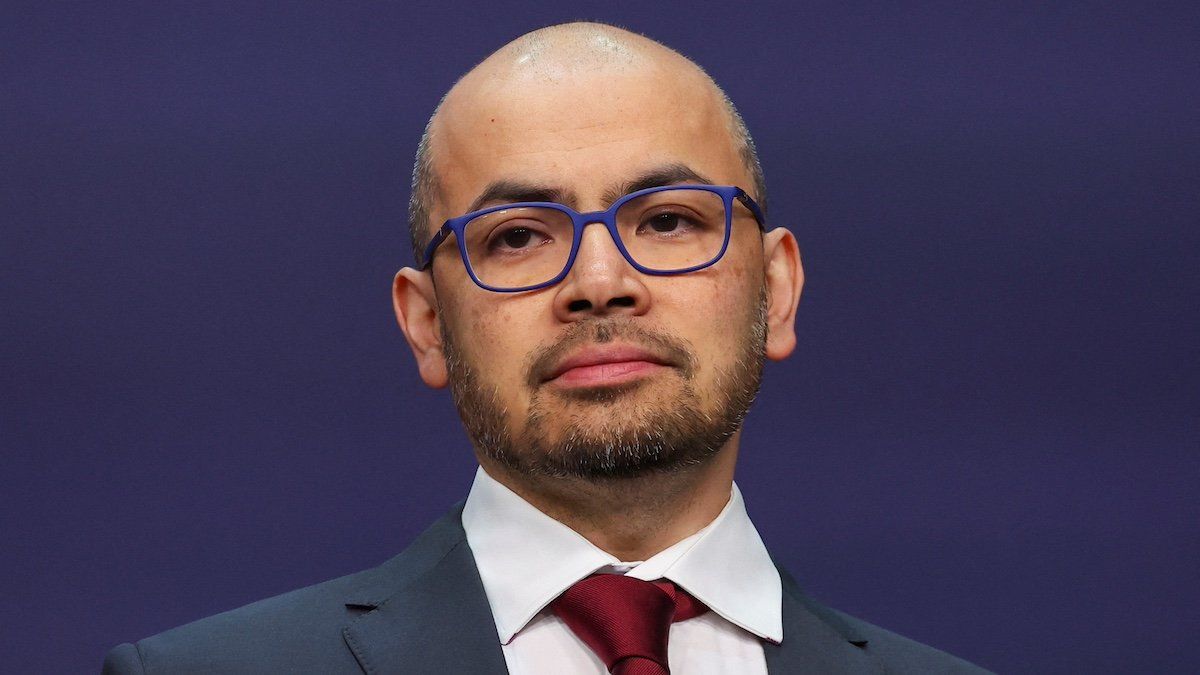Hard Numbers: Google’s spending spree, Going corporate, Let’s see a movie, Court-ordered AI ban, Energy demands
100 billion: AI is a priority for many of Silicon Valley’s top companies — and it’s a costly one. Google DeepMind chief Demis Hassabis said that the tech giant plans to spend more than $100 billion developing artificial intelligence. That’s the same amount that rival Microsoft is expected to spend in building an AI-powered supercomputer, nicknamed Stargate.
72.5: The free market is dominating the AI game: Of the foundation models released between 2019 and 2023, 72.5% of them originated from private industry, according to a new Staford report. 108 models were released by companies, as opposed to 28 from academia, nine from an industry-academia collaboration, and four from government. None at all were released through a collaboration between government and industry.
5: The A24 film Civil War has garnered considerable controversy for its content, but its promotion is under scrutiny as well. Five posters for the film were created using artificial intelligence and depict scenes that never occur in the narrative. That’s kicked off a debate about the ethics of using AI in film marketing as well as questions of whether this is false advertising for the movie itself.
1,000: A sex offender in the UK who was found to have created 1,000 indecent images of children was banned from using any “AI creating tools” for five years by a British court. It’s not clear if he was actually using AI to create the illegal images in question, or if the order is peremptory, but it could serve as a model for future punishment in UK cases in the future. Meanwhile, on April 23, a group of AI companies including Google, Meta, and OpenAI, pledged to better prevent their tools from creating sexualized images of children and other exploitative material.
4.5: Salesforce is calling on AI companies to disclose the energy efficiency and carbon footprint of their models, and asking legislators to pass new laws aimed at demanding transparency and reducing the total energy consumption of AI. Salesforce’s best estimates put the total power generation demands of global data centers at 1.5% but warn that that figure could increase to 4.5% in the coming years absent intervention.